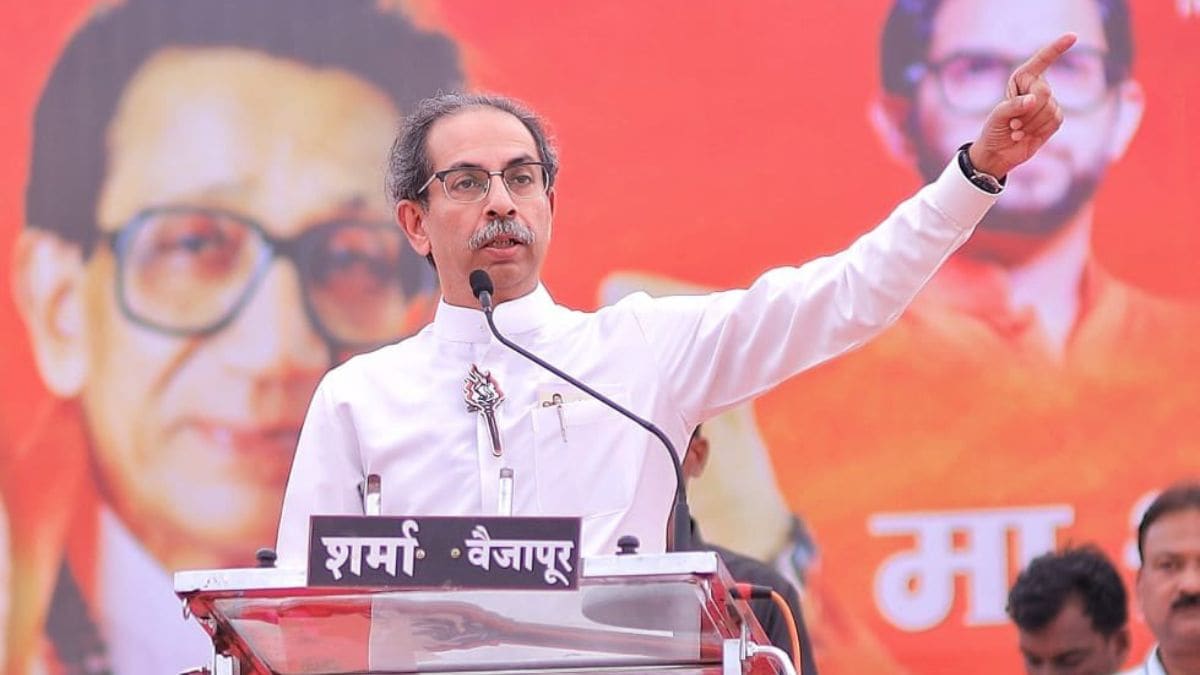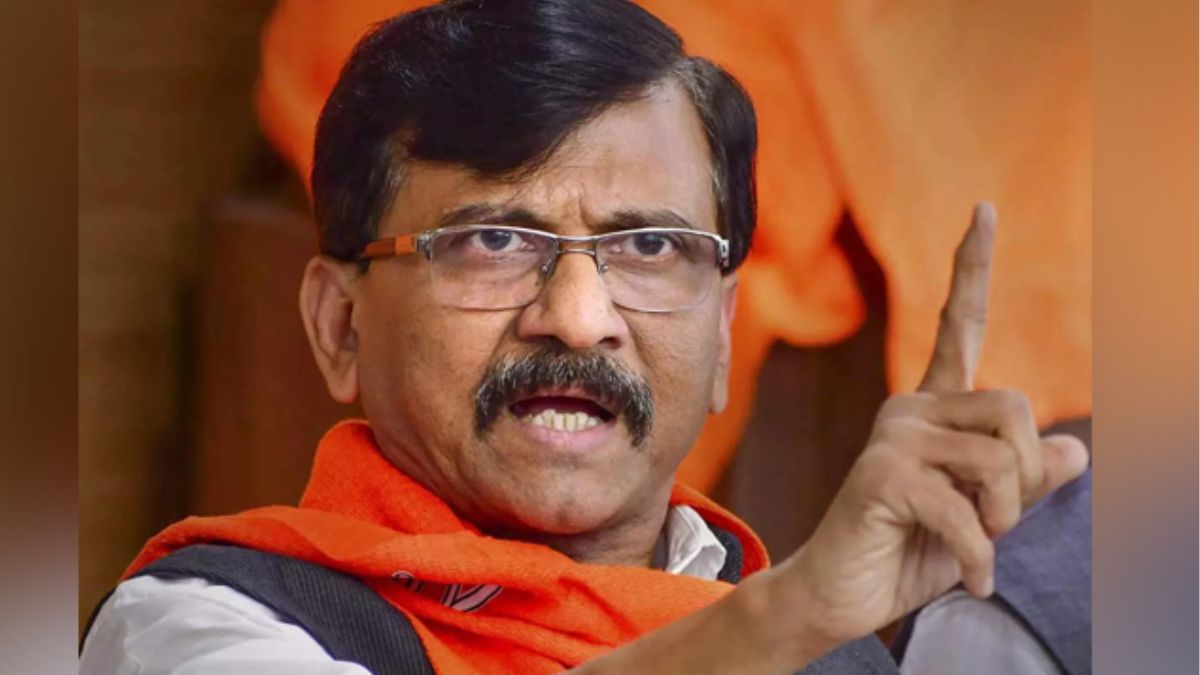
Taiwo Oyedele, chairman of the presidential committee on fiscal policy and tax reforms, on Monday, sounded the alarm on Nigeria’s budget, stating that it is insufficient to fund meaningful development. Speaking at an interactive session organized by the House of Representatives on tax reform bills, Oyedele emphasized that the country’s budget pales in comparison to those of its African counterparts, such as Kenya and South Africa, which have smaller populations. “I will put it bluntly.
Nigeria is running on a low budget,” Oyedele said, highlighting the stark reality. The 2024 appropriation Act and supplementary budget stand at approximately N35 trillion, with the combined budget of all states totaling N15.9 trillion.
When combined, Nigeria’s total budget amounts to N51.1 trillion, equivalent to a mere $32 billion. To put this into perspective, Oyedele noted that Kenya’s budget for 2024 is identical to Nigeria’s, despite having a significantly smaller population of 54 million people.
South Africa’s budget, on the other hand, dwarfs Nigeria’s, standing at $130 billion for 2024, with a population of just over 60 million. READ ALSO: Naira begins week with a slump at official window “How is it that Nigeria, with all its potential, knowledge, experience, and human capital, has a budget barely the size of Kenya’s?” Oyedele asked, pointing to the glaring disparity. He emphasized that Nigeria’s budget is insufficient to address critical development needs, such as transportation, roads, and rail.
Oyedele identified eight major revenue sources for Nigeria, including personal income tax, property tax, and value-added tax, which are primarily controlled by the states. The remaining three revenue sources – corporate income tax, customs duties, and petroleum and solid minerals revenue – are shared among federal, state, and local governments. The World Bank has also weighed in on Nigeria’s fiscal challenges, noting that the country needs to increase its spending to promote economic development.
With a revenue-to-GDP ratio of 7% in 2021, Nigeria’s fiscal revenues are among the lowest in the world. The bodies contend that to address this, the government must implement revenue-enhancing reforms, such as increasing tax rates, improving tax administration, and phasing out inefficient subsidies. Opinions Balanced, fearless journalism driven by data comes at huge financial costs.
As a media platform, we hold leadership accountable and will not trade the right to press freedom and free speech for a piece of cake. If you like what we do, and are ready to uphold solutions journalism, kindly donate to the Ripples Nigeria cause. Your support would help to ensure that citizens and institutions continue to have free access to credible and reliable information for societal development.
Donate Now.













